London Film Festival 2105: The Program premiere with John Hodge and Denis Menochet
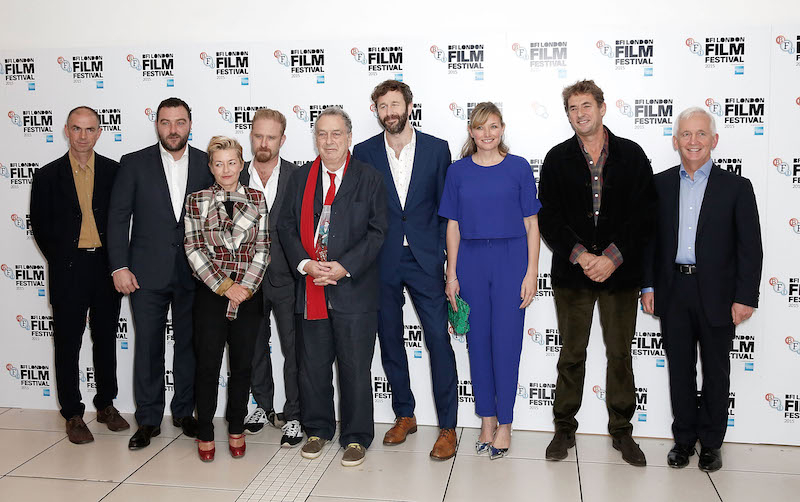
London Film Festival saw the premiere of many a great film, one of them being the highly anticipated new feature by acclaimed British director Stephen Frears (The Queen, High Fidelity). Aiming to tell the story of world’s most famous cyclist, The Program follows Lance Armstrong (Ben Foster) on his journey from a young, ambitious American cyclist to becoming the most famous man winning the Tour de France, to the moment he was finally exposed for his use of performance-enhancing drugs.
On the red carpet we caught up with Denis Menochet (who brilliantly portrays team director Johan Bruyneel), and screenwriter John Hodge, who shed some light on some of the creative decisions and challenges in telling a true story that is still very much current.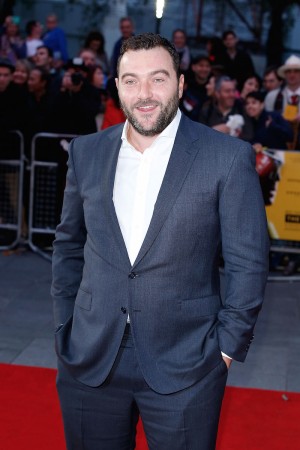
Denis Menochet, what drew you to the story?
Denis Menochet: Well, it’s a very complex story, very dense. And then Stephen Frears asked me to participate in his film and I’m a very big fan of his, so I was just feeling very lucky and I just said: “Yeah, let’s do it.”
Is there another role you would have liked in the film?
DM: No. This one was very interesting, because from my character’s perspective that was the reality: the passion for cycling, and that’s why he was doing it on the first place. It was not about winning for him, it was really about the passion for cycling.
So do you like cycling as well – do you follow the Tour de France?
DM: Actually I never did really. Because my grandfather used to keep the television on during the Tour de France all the time, and as a kid I couldn’t access any other channels so it took me a while to actually understand it. And as we were researching the film I realised how great a sport it is.
What would you say was the toughest part of preparing for the role? Were there any special challenges?
DM: Doing accents! Because I have a sort of a Belgian-Dutch accent and I am not very good at that, so the accent was tough.
How was working with Ben Foster?
DM: Great! I loved him, he was very intense. He was awesome, so driven. Amazing performance.
Could you see Lance in him even behind the scenes?
DM: Completely, yeah! There was one moment when we were in the mountains and he wanted to cycle all the way up – he is that driven, and he was in character. But it was beautiful to watch him and to be able to say: he was in character, but it was beautiful to watch!
John Hodge, there was very little in the film about Lance’s personal life – was that a statement about him and his personality?
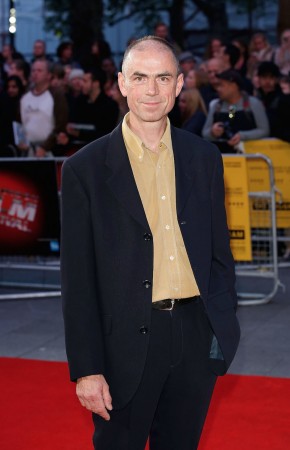 John Hodge: There were a lot of characters involved, because it’s not just Lance, there is Walsh… but yeah, you are right – Lance was all the way through it, so why not his family? Only because I felt I didn’t want to involve them, I didn’t feel his children have done anything to be depicted on the screen. And his wife …well some of it went on, but I felt it’s not a domestic story, it’s a story of kind of proper action: Lance and himself. Because he in a sense became a brand; he is an institution. For the most, it would be speculating with his personal life and I’ve tried not to speculate too much. Obviously there’s enough, but I wanted somehow to state the truth without opening up his children’s life.
John Hodge: There were a lot of characters involved, because it’s not just Lance, there is Walsh… but yeah, you are right – Lance was all the way through it, so why not his family? Only because I felt I didn’t want to involve them, I didn’t feel his children have done anything to be depicted on the screen. And his wife …well some of it went on, but I felt it’s not a domestic story, it’s a story of kind of proper action: Lance and himself. Because he in a sense became a brand; he is an institution. For the most, it would be speculating with his personal life and I’ve tried not to speculate too much. Obviously there’s enough, but I wanted somehow to state the truth without opening up his children’s life.
Since the events happened a few years ago, why do you think it remains current? Why are people so drawn to his persona?
JH: I think they are drawn to Lance because he is still the biggest name in cycling. He made this sport into an international sport – before that it was kind of a European niche. So, he made it a great sport and he is responsible for enduring cynicism about it, which is a shame. And he has done some wonderful things for the sport, and he has done some awful things, but he is still the biggest name in it.
It’s not just Lance, it’s not just cycling, it’s all sports. You have to question if things seem too good to be true, you have to learn the lesson unfortunately. David [Walsh, who inspired the film] curses himself for not being cynical enough sometimes. Unfortunately in sport I think we need to be. In the athletics over the summer we have seen some disappointing news; that’s why I think we need to question things and in doing so we will get better, keener athletes. But then it goes beyond sport as well: the scandal with Volkswagen, for example, it’s the same, it’s just corruption, and it is just the unfortunate side of human nature. You think you can trust somebody, you think you can trust Lance Armstrong and the Tour de France, and you think you can trust Volkswagen, or journalists. It’s really sad. Who can be trusted? Filmmakers can get all your trust! They never lie!
Was there an episode that was particularly challenging to write?
JH: The biggest challenge was really the number of characters – the flux of teammates. Teammates were enormously important to get every time, but then they change. And on the screen that doesn’t really work, you have to somehow streamline it. That’s not the reason why Lance’s wife is not much in it though. You have to make very drastic decisions about it, for example, there are only four journalists in the film, but really, there were hundreds of them. And then there is David Walsh’s family and so on, so it’s just a big story and you just try to contain it into one film – a television series has to be made about it.
Lyubomira Kirilova
Photos: John Phillips/Getty Images
Read our review of The Program here.
For further information about the 59th London Film Festival visit here, and for more of our coverage visit here.

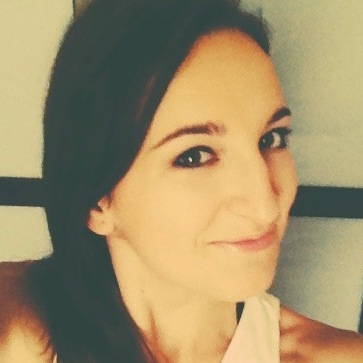
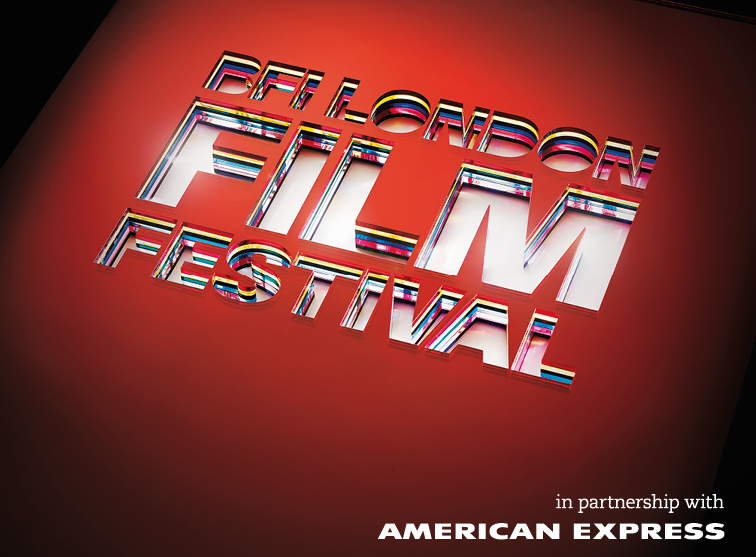
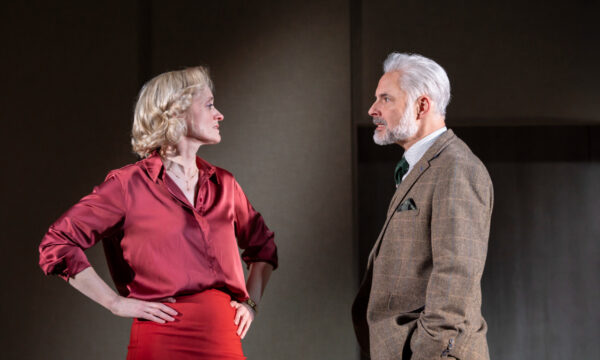
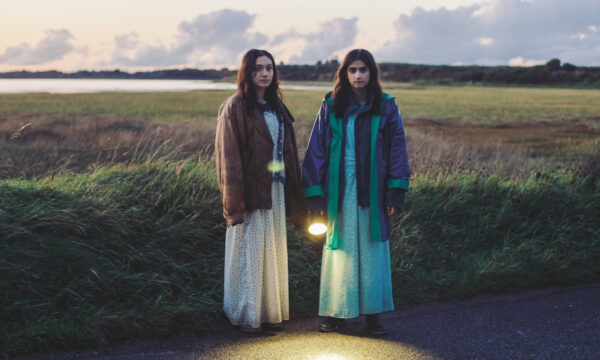
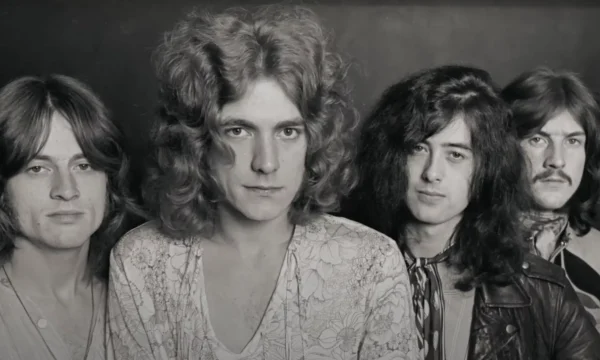
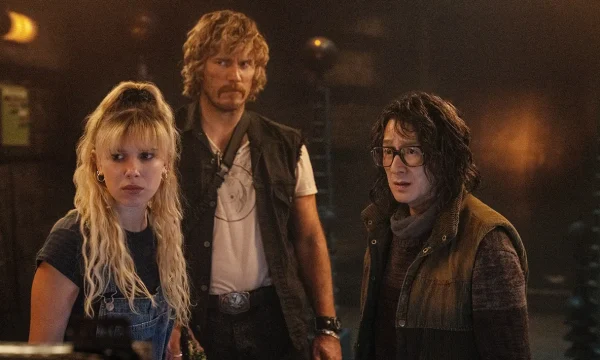
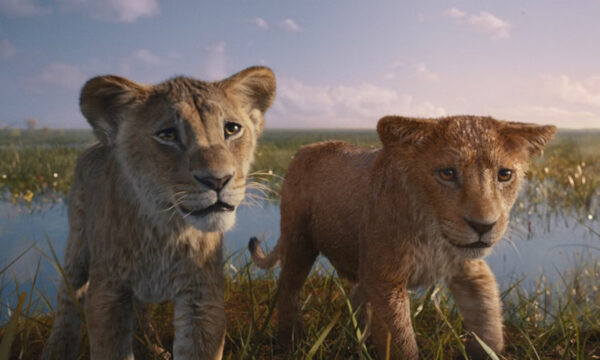
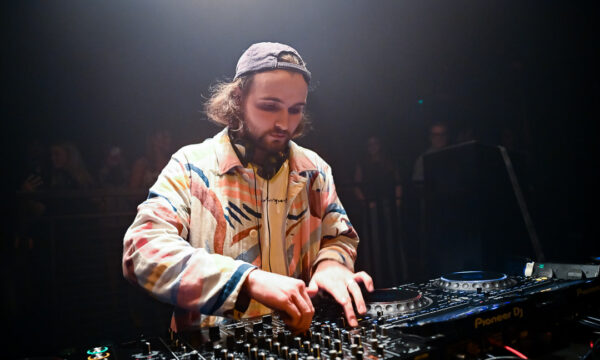
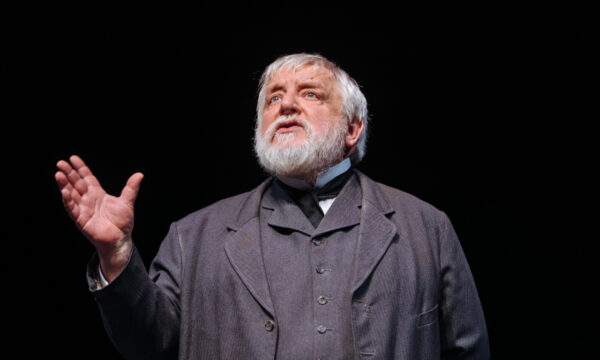
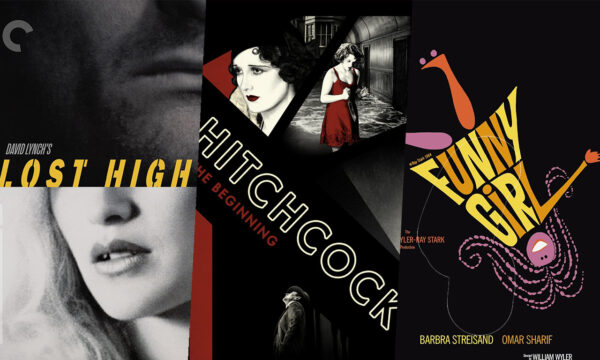
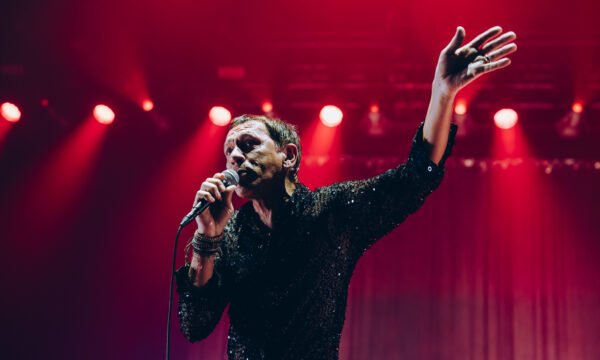






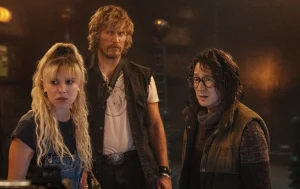
Facebook
Twitter
Instagram
YouTube
RSS